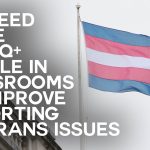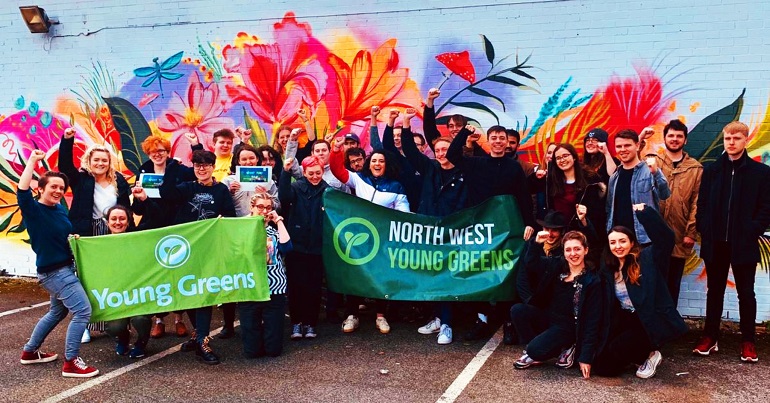“What history have they got?”
It’s last thing in the afternoon, and I can hear one of my officemates huffing away to himself in disbelief.
“Did you see that e-mail from HR?” he asks.
“Yes…” I’ve read the e-mail, and given its content and his tone of voice, I know I’m not going to enjoy this conversation.
“LGBT History Month? That’s ridiculous!”
“Why?”
“Well, what history have they got?”
My colleague was reacting to the news that our workplace is setting up an LGBT staff network, which is being launched this month to coincide with LGBT History Month. However, my colleague, a straight white man, finds the idea offensive. We’ve mostly stopped beating people to death for their gender presentation or sexuality in this country, discrimination is illegal, and the state recognises civil partnerships. In his opinion, it’s time to “move on”, and forget that things were ever different.
For many people – myself included – his view is deeply a offensive one, and I say this, not as a self-appointed arbiter of political correctness, but as a bisexual person. Hearing a colleague express such contempt for people like me was upsetting because it’s a reminder of how tenuous our current position is.
The steps towards comparative equality have all been recent: sex between two consenting men was decriminalised in England and Wales in 1967, in Scotland in 1980, and in Northern Ireland in 1982. Until 1992, the World Health Organisation officially classified homosexuality as a mental illness.
Within living memory, our country’s laws and social attitudes have treated people appallingly on the grounds of their sexuality or gender identity. Because of this, some people have had to spend a lifetime fighting for their rights. We can’t change the fact that these things happened, and we shouldn’t try to sweep it all under the carpet just because discussing it makes a straight man uncomfortable.
But as significant as the fight for civil rights has been, we need to remember that queer and trans people have achieved more than just the right to live openly: they’ve contributed to art, literature, science, politics. Social attitudes over the last few centuries have meant that when anyone who didn’t conform to the accepted norms of gender and sexuality achieved anything worthy of note, either their existence or their LGBT identity would be erased from the records. It’s only right that we recognise the contribution they’ve made to society as a whole, without trying to airbrush the details of their lives.
While there is still a widespread belief that certain groups of people don’t even have a history, there will be a need show why that belief is wrong. LGBT History Month, and similar projects for other marginalised groups, are not a demand for special treatment.
The history of straight, cisgender, white men is already taught in every school. Whenever my colleague looks at a history book, he will almost certainly see people like himself represented in its pages; if you aren’t in his privileged position, you’ll need to find a specialist book to experience the same thing.
If you take one lesson from reading this, then remember that you shouldn’t deny the existence of prejudice or structural inequalities, just because you don’t personally see why it’s a problem – especially if you don’t belong to the group it affects. If you have the privilege of not being a target for homophobia, transphobia, racism, or sexism, don’t claim to know everything about it.




I will never forget when my own aunt yelled out some very offensive things about bisexual people. I was only 17 then and this was in 1994. I was shocked. I’m glad things are viewed differently today – and I do notice a big difference – but we must NEVER forget!